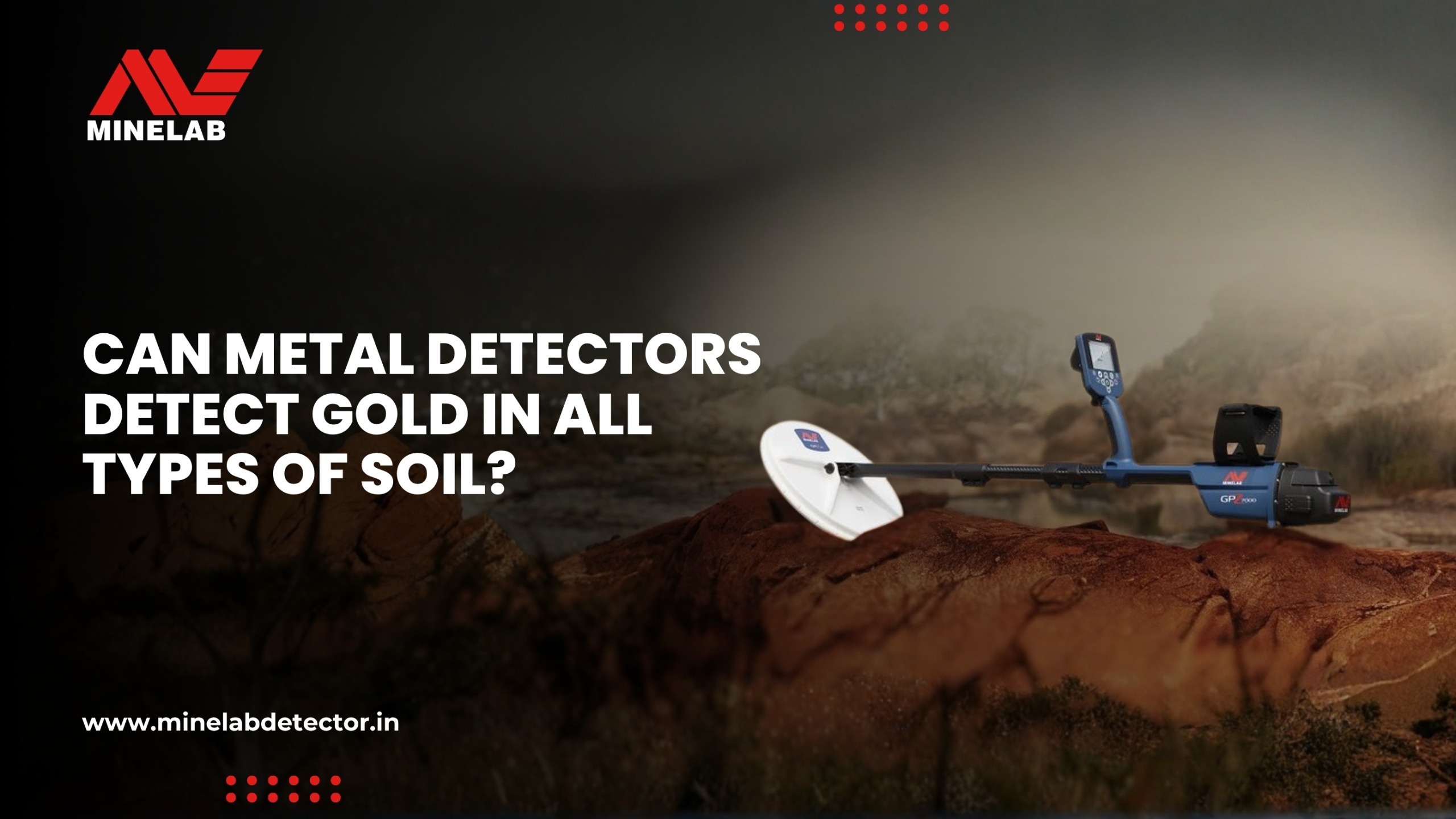When people think of gold, they often imagine glittering nuggets hidden deep underground — but the real question is, can metal detectors detect gold in all types of soil?
The answer is yes — but with conditions.
Different soils react differently to metal signals. In India, we find a mix of sandy riverbeds, red clay, rocky terrain, and mineral-rich soil. Each of these can affect how a gold detector machine responds. High-mineral soil (like in southern India) can sometimes create “noise,” which makes it harder to spot tiny gold pieces. That’s why using the best metal detector for gold with proper settings is so important.
Modern metal detectors are built with advanced ground-balancing features. These automatically adjust to soil conditions, helping you detect gold, coins, or relics even in challenging areas. Whether you’re exploring dry fields in Karnataka, riverbanks in Kerala, or red soil zones in Jharkhand, the right equipment makes a difference.
Small, sensitive detectors also perform well in sandy or loose ground where fine gold dust or small relics might be hidden. Many hobbyists prefer small metal detectors because they’re lightweight and easier to handle during long searches.
When choosing the best metal detector, consider soil type, depth, and size of the object you’re searching for. Even the metal detector price varies based on these features — higher-end models often perform better in mineralized ground.
In short, yes, metal detectors that detect gold can work across all soil types, but understanding your environment is the key to success.
✨ Ready to explore the ground beneath your feet? Visit Minelab Metal Detector to learn more about choosing the right detector for your soil and goals.

